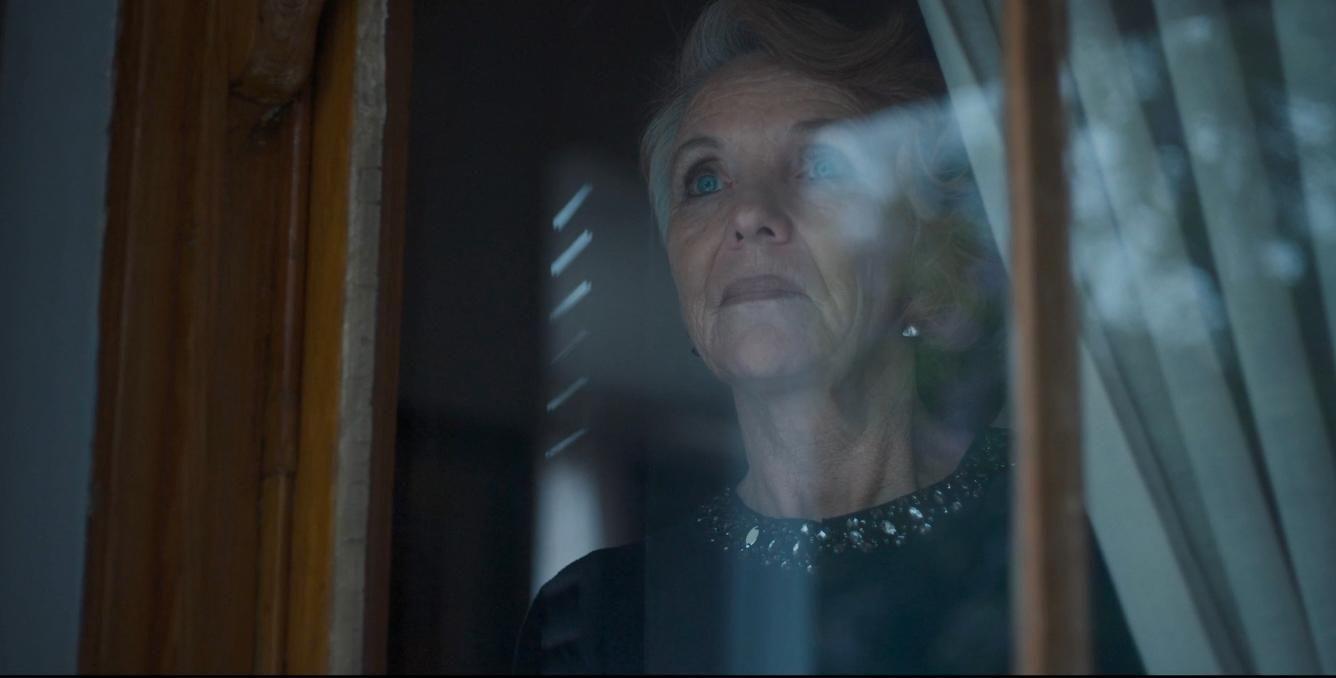Werner Wesslau has been selling fir and spruce trees for years. Every Advent he sets up his Christmas tree stand in Munich's Glockenbachviertel. He has been observing this for several years: More customers are buying their Christmas trees earlier. Many already at the beginning of December. “The trees aren’t that cheap,” says Wesslau. “And people tell themselves that if they put so much effort into Christmas, they want something out of it.”
A young couple has just paid. The two of them chose a small Christmas tree. “It will be put up and decorated this evening. We live here in the city and are with the family straight after Christmas, so we're making sure we enjoy it while it's fresh,” they say.
Advent customs change
Christmas magic and Christmas stress are close together today, says sociologist Jonas Geißler from the Munich Institute for Time Counseling. “We live in a world that tends to make everything available at the same time, which is why we already have gingerbread in September,” says Geißler.
A few decades ago, many people fasted during Advent. The weeks before Christmas were a time of waiting. In Grandmother's time, the cookie plate was only available on Christmas Eve. Advent gradually became brighter with each candle on the wreath until – and only then – the Christmas tree shone on Christmas Eve. A survey by YouGov found that around a third of Germans don't buy a tree at all. But almost ten percent put the tree up for the first Advent. Another 35 percent decorate it before Christmas and only 17 percent wait until Christmas Eve to do so.
Stressful for a long time instead of contemplative early on?
The current Christmas study by the Bundeswehr University in Munich, which is published every year at the beginning of December, shows: Germans are more interested in Christmas and its customs than in the Corona years. But more than a third of those surveyed find the Advent season stressful. 16 percent even feel under pressure to create a festive atmosphere.
In addition, according to the study, Advent and Christmas traditions have lost their religious meaning for many. This also makes their chronological order more arbitrary.
Christmas rituals: in moderation rather than in masses
“Rituals are fundamentally helpful,” says Jonas Geißler. Because they interrupt everyday life. “We live in a rather sub-ritualized time,” says Jonas Geißler. Rituals around Christmas, such as lighting candles, putting out boots or advent calendars, provide support and can help you slow down.
But only if there is not too much of it and ritual after ritual after ritual does not follow, the contemporary researcher says: “I would rather advise seeking reflection by letting go. I don't find serenity by condensing things even more, but rather by doing the opposite. And that depends a bit on how I define, when is it Christmas for me and when is it enough?



